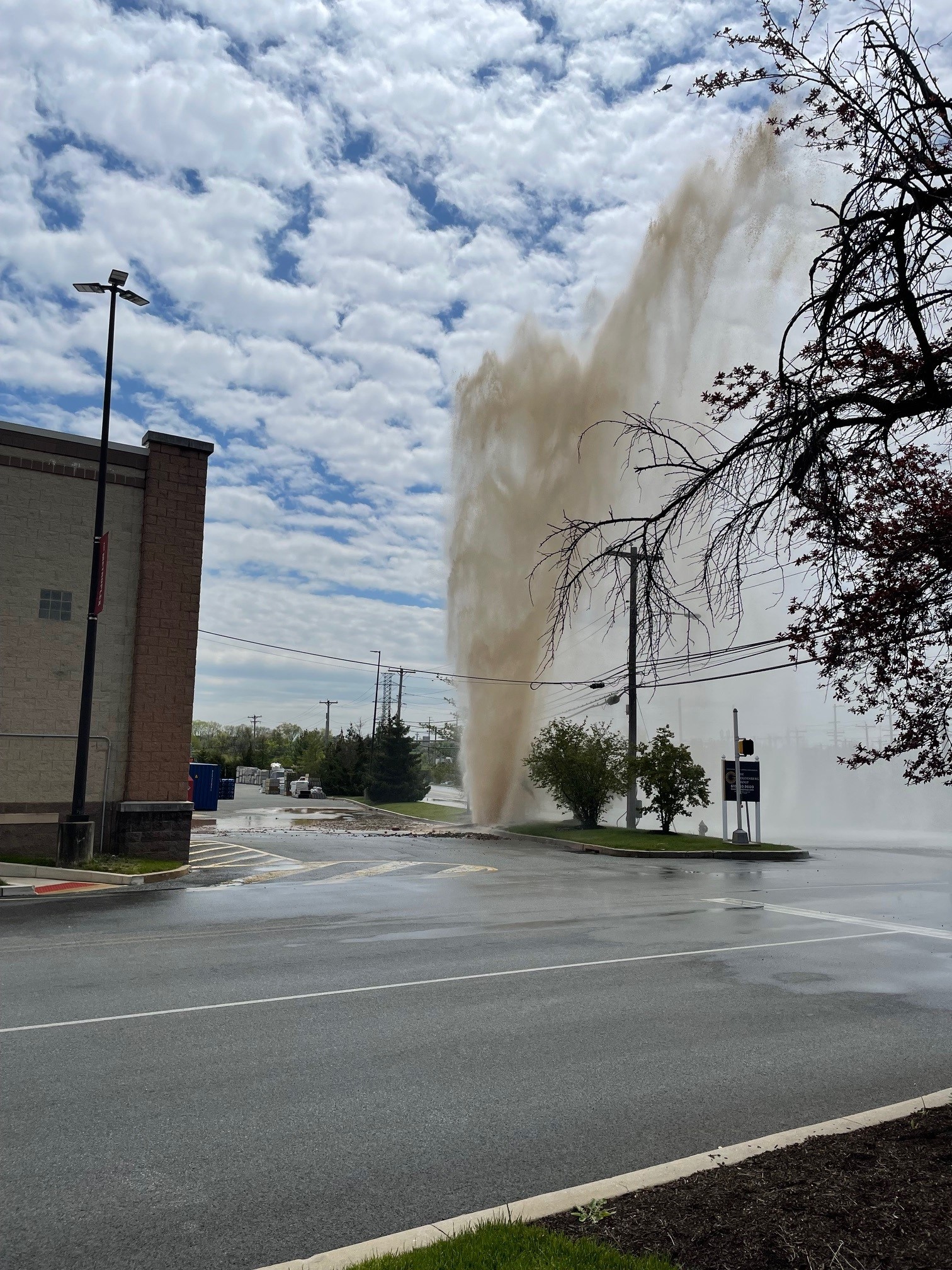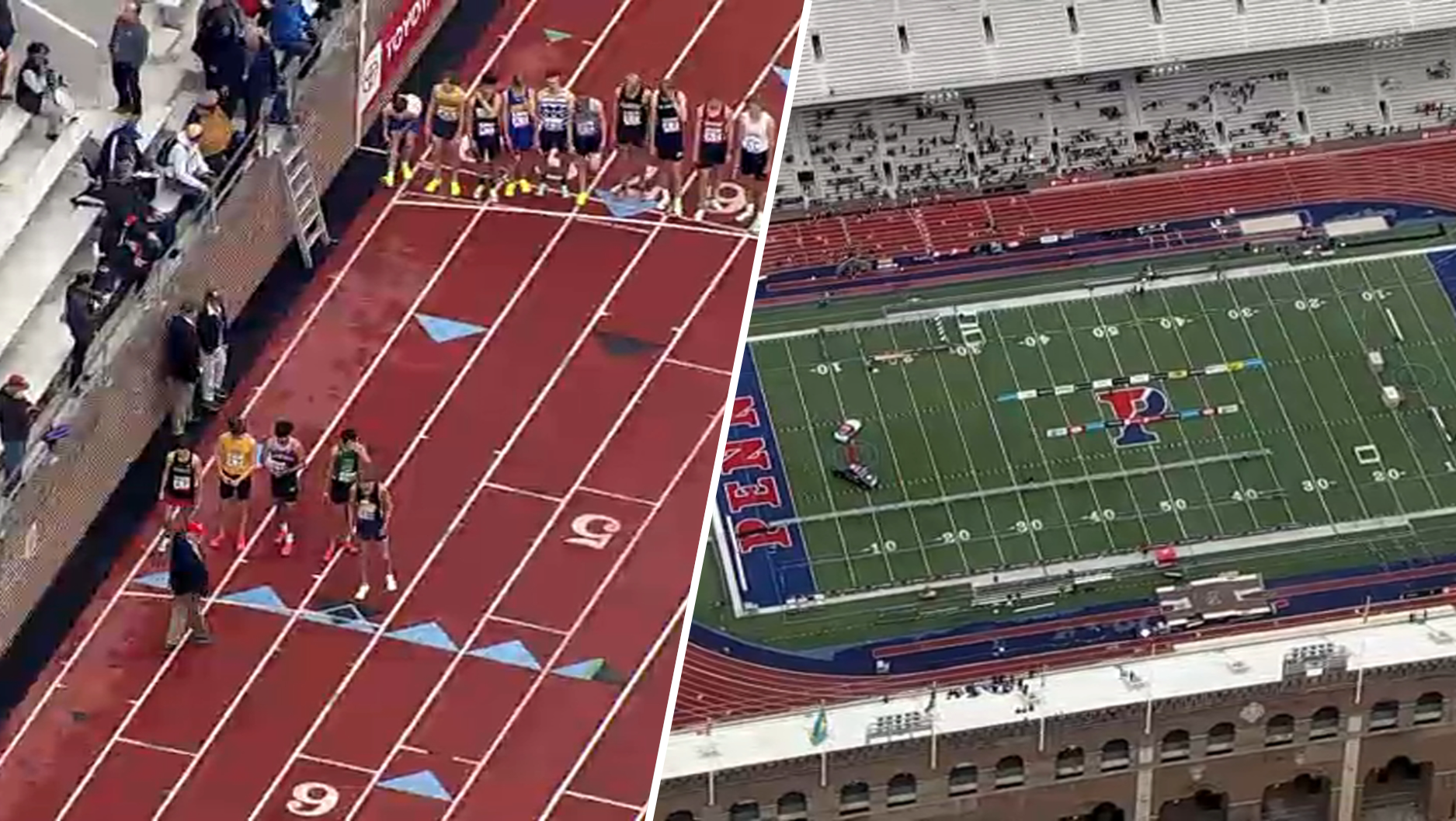A few years ago I interviewed Gloria Casarez for a who's who of the LGBT community. We tackled the usual questions about her role as the first director of the office of LGBT affairs in Philadelphia and her longtime advocacy for nonprofits and organizations dedicated to making the world just a little bit better for people of all stripes. She was eloquent, insightful and kind. I remember that clearly. I also still remember a story she told me about her grandfather, a construction worker who was one of the many men in the city who helped to build the Ben Franklin Bridge. Gloria told me that, as a native Philadelphian (she grew up in North Philly), she was filled with pride whenever she looked at the bridge, knowing someone in her family contributed to such a recognizable landmark that would last beyond her own lifetime.
I like to think Gloria tapped into that same pride to take up so many important causes in her 42 years, which is why the news of her death after a long struggle with cancer is almost inconceivable. Silence is a radical departure from how she lived her life as an active and out lesbian woman working for the mayor's office. It's hard to imagine not seeing her at an LGBT event — like the raising of the rainbow flag every year at City Hall, an effort she first championed; or on the commentator's stage during the Philly Pride Parade, where we could count on her to wear some sort of shirt with an important message; or even the Dyke March where she always revved up the crowd with her fiery words each June.
A vital role in making Philadelphia more welcoming.
Gloria was a spokesperson for people who didn't always have the chance to step up to the microphone themselves. And while the efforts made in Philly to create a community of equality for all people has certainly been a group effort, Gloria's role was vital.
While she was the face of LGBT relations in the city for many years, the face one expected to see standing beside the mayor whenever there was an issue to discuss or a newsworthy moment affecting the LGBT community, what a lot of people may not realize is how significant her role was in local government. She was the bridge between the gay community and City Hall. She brought to light important issues that might otherwise have been overlooked, lost in the bureaucratic shuffle or simply ignored for lack of having the sort of champion she became for all gay, lesbian, bisexual and transgender individuals in Philadelphia.
More recently, Gloria was invested in how hate crimes against transgender individuals were handled. One of her last posts on Facebook early this month was about the murder of a transgender woman, Diamond Williams, and how the suspect arrested in the brutal crime would stand trial. Her dedication to demarginalizing people was genuine — and critical to changing the image of the LGBT community from one of secrets into one of truths.
She was also one of the main reasons Philadelphia merited a top score in the Human Rights Campaign's Municipality Index, which is changing the way the city does business and attracts top talent. When I spoke to Gloria about the recognition, she told me that she was working hard alongside Mayor Nutter to establish an atmosphere of acceptance in everything from the police force to taxes to health care, and that Philly was becoming an even more equitable place to live and work for LGBT people. She and the city's leaders understood that being known for gay-friendliness would translate into better business and life opportunities for everyone.
Local
Breaking news and the stories that matter to your neighborhood.
A legacy of compassion and humanity
Today, we can see the budding results of her lifetime of work in the form of marriage equality, benefits for same-sex partners of city employees, an LGBT liaison committee with the local police department, the end of gender identification on SEPTA transit passes, incentives for local business owners, and so many more realities.
Gloria's legacy will speak for itself for many years to come. She was among the most influential and beloved people in Philadelphia. She was also smart, funny and incredibly passionate about making this city, her city, a welcoming place for everyone. That she lived to see same-sex marriage become a reality is a testament to her myriad efforts. That she would be able to legally marry her longtime love, Tricia Dressel, was also symbolic of why she and others fought so hard to have her love accepted as equal in the eyes of the law.
Maybe it's because she was such a fighter — both personally and politically — that this loss is such a heavy one for not only the LGBT community, but also her family, friends and peers at City Hall. She accomplished in 42 years what few of us will ever do in much longer lifetimes.
Gloria made people feel special. She made people feel worthy. She also made me think about people and their place in the world in a new way. I always learned something from her, more than I always knew what to do with, admittedly. She was a connector who made things happen and who changed Philadelphia for the better. The world will not be the same without her. We will not be the same without her.
Audre Lorde once wrote, "It is not our differences that divide us. It is our inability to recognize, accept, and celebrate those differences."
I truly believe that's what Gloria did ever so gracefully in her lifetime — recognize the humanity in everyone.



